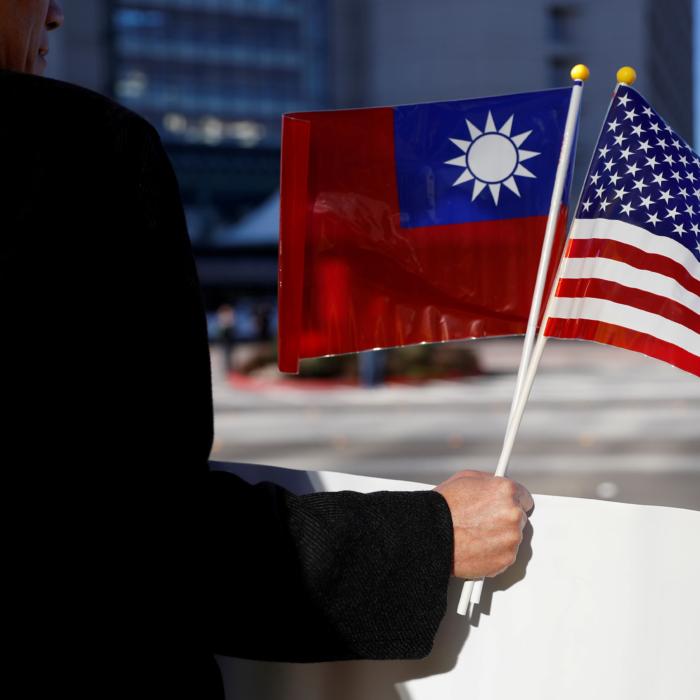A bipartisan group of lawmakers is introducing legislation this week targeting the human rights violations of the Chinese Communist Party (CCP) at home and its transnational repression campaigns, as Washington and Beijing resumed trade talks in Stockholm.
The bills are sponsored in the Senate by Sens. Jeff Merkley (D-Ore.) and Dan Sullivan (R-Alaska) of the Congressional-Executive Commission on China.
One of the bills seeks to tackle “transnational repression”—acts by foreign governments and their proxies to target overseas dissidents, journalists, and other persecuted groups.
The bill is sponsored in the House by Reps. Chris Smith (R-N.J.) and James McGovern (D-Mass.).
Another bill, sponsored in the House by Smith and Rep. Tom Suozzi (D-N.Y.), seeks to expand sanctioning powers over the Chinese regime’s human rights violations against Uyghur Muslims, to cover more acts of human rights violations and those responsible for the transnational repression of Uyghurs.
According to human rights experts, Uyghurs in China’s Xinjiang region have been subjected to mass detention, with an estimated 1 million people placed in a sprawling network of internment camps and other detention facilities in the Xinjiang region.
Survivors of the camps have described experiencing forced labor, forced sterilizations, political indoctrination, and other abuses during their time in detention.
A third bill Merkley is introducing, co-sponsored by Sen. John Curtis (R-Utah), aims to help Taiwan as the self-ruled island faces increasing pressure from mainland China. It would support countries in Latin America and the Caribbean that maintain official diplomatic relations with Taiwan and would take other steps to deepen coordination with Taipei.
In a statement, Merkley said the United States “cannot afford to be weak in the face of the People’s Republic of China and its aggression around the world.”
“No matter who is in the White House, America’s values of freedom and human rights must remain at the heart of a clear and principled vision that guides our leadership on the global stage,” he said.
China is facing an Aug. 12 deadline to reach a durable tariff agreement with the Trump administration, after Beijing and Washington reached preliminary deals in May and June to end weeks of escalating tit-for-tat tariffs and a cut-off of rare earth minerals.
Bessent said last week that the deadline will likely be extended. Officials are expected to resume talks on July 29.







